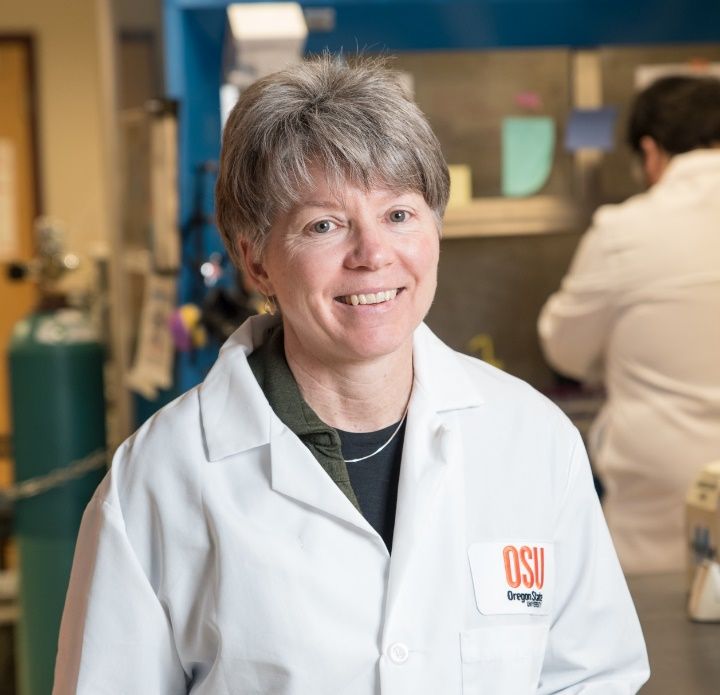Jennifer Field Wins Agilent Thought Leader Award
Agilent Technologies presents this award to industry leaders as a means of supporting them through financial aid, products, and expertise, along with recognition.
Jennifer Field, a professor in the Environmental and Molecular Toxicology Department of the College of Agricultural Sciences at Oregon State University, was selected to receive an Agilent Thought Leader Award, according to a news release from Agilent Technologies on Nov. 13.
Professor Jennifer Field | Image Credit: © Oregon State University

The Thought Leader Award program was developed by Chong Wing Yung, PhD, Agilent associate director of global university relations and external research, and demonstrates a commitment to fostering scientific advancement by recognizing, supporting, and providing financial aid to major industry players in life sciences, diagnostics, and chemical analysis. A comprehensive list of previous honorees and their accomplishments, dating back to May 2010, can be found here.
Field’s research focuses on quantitative analysis of organic micropollutants and their transformation products both natural and engineered—particularly per- and polyfluoroalkyl substances (PFAS). More specifically, her team combines both gas and liquid chromatography (GC and LC, respectively) with high-resolution mass spectrometry (HRMS) to characterize total fluorine content of samples taken from groundwater, wastewater, landfill leachates, and so on, also subsequently identifying fluoropolymers and their additives.
“Our investigative efforts are centered on the multifaceted array of PFAS compounds,” Field was quoted as saying in the release, which noted that more than 5,000 of these substances have been determined with countless others still unidentified. “We are on a quest to help discern which PFAS are present to help inform human exposure to PFAS by collecting data on PFAS occurrence, fate, and transport.”
In announcing the presentation of the Thought Leader Award to Field, Ken Suzuki, Agilent vice president and general manager of the mass spectrometry division, said Field’s work will “undoubtedly significantly influence environmental conservation and global health."
Study Examines Impact of Zwitterionic Liquid Structures on Volatile Carboxylic Acid Separation in GC
March 28th 2025Iowa State University researchers evaluated imidazolium-based ZILs with sulfonate and triflimide anions to understand the influence of ZILs’ chemical structures on polar analyte separation.
Advances in Non-Targeted Analysis for PFAS in Environmental Matrices
March 27th 2025David Megson from Manchester Metropolitan University in Manchester, UK, spoke to LCGC International about the latest developments in non-targeted analysis (NTA) of per- and polyfluoroalkyl substances (PFAS) in environmental matrices based on a recent systematic review paper he has collaboratively published (1).








